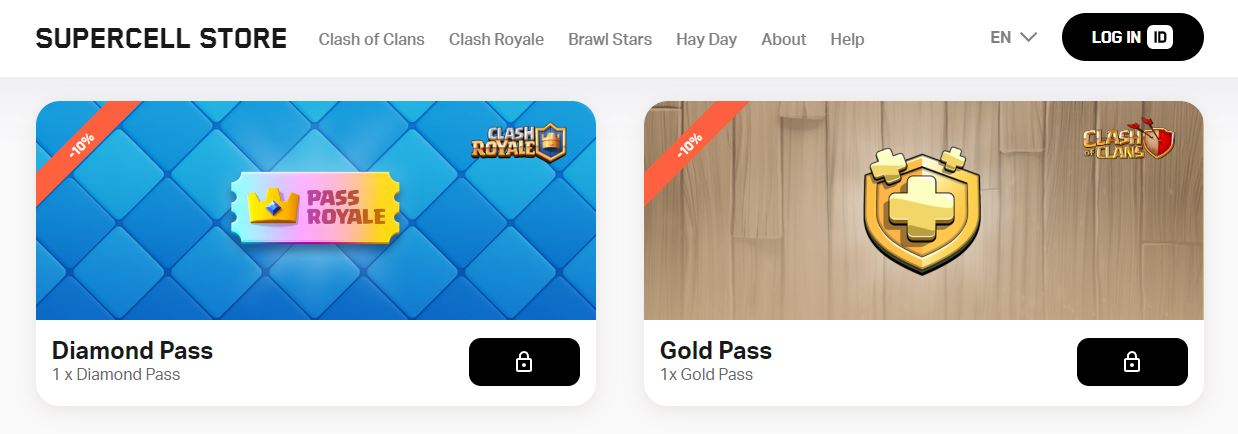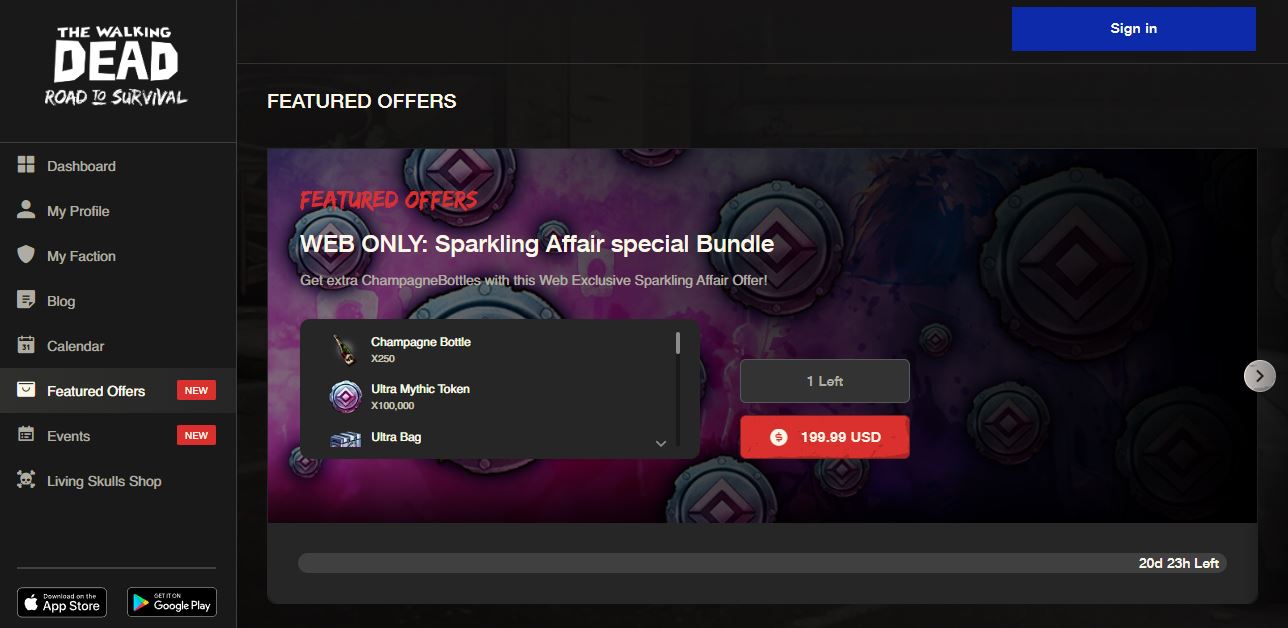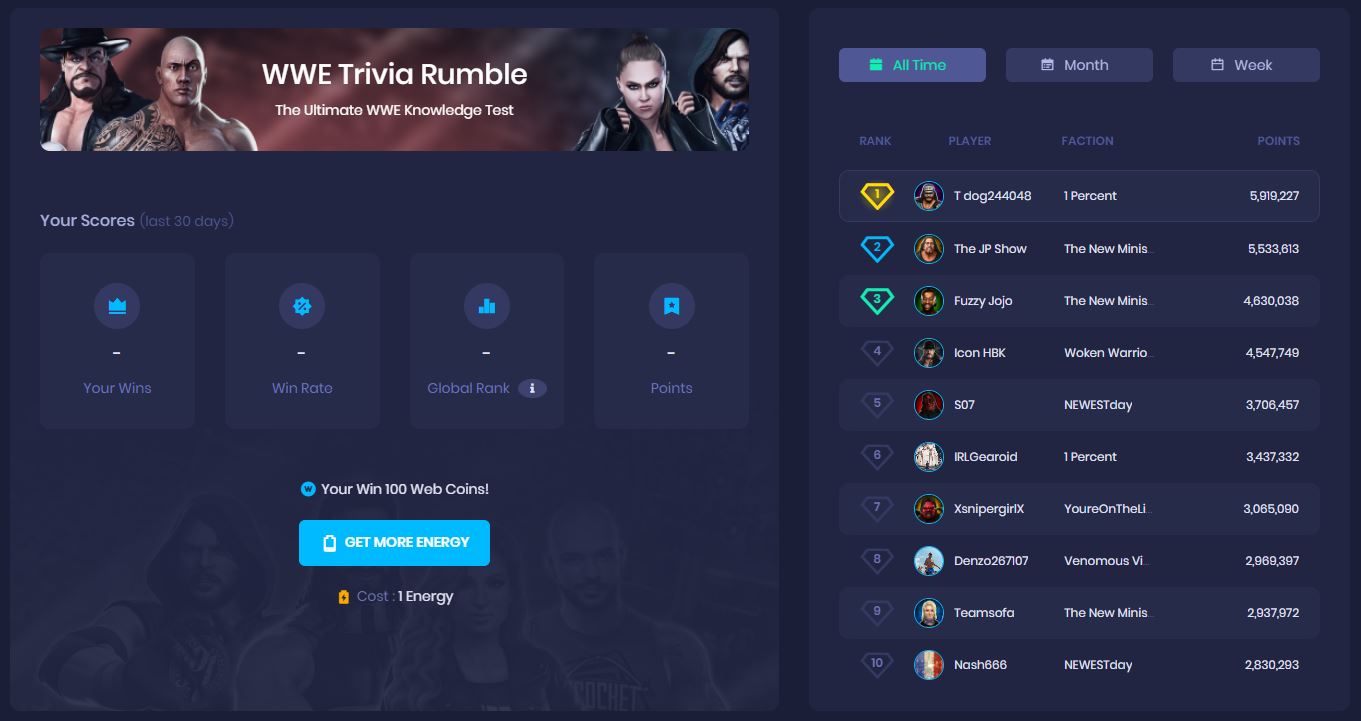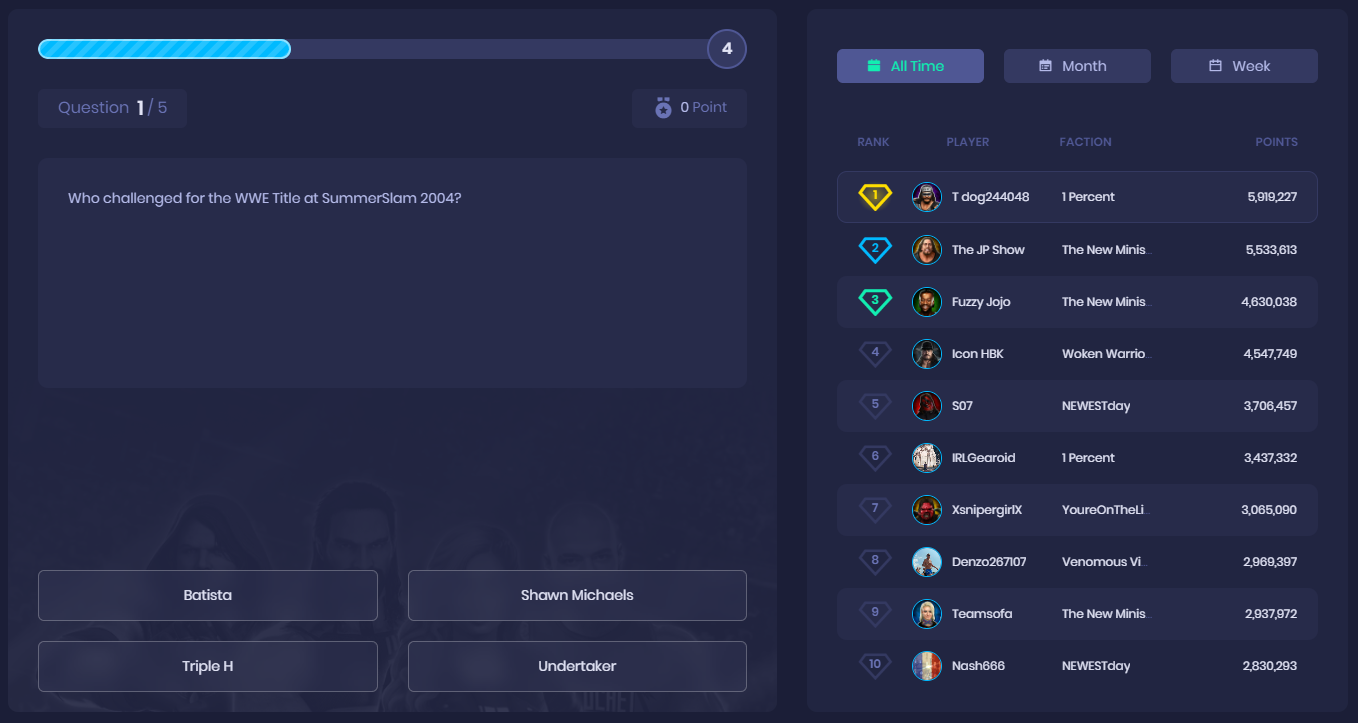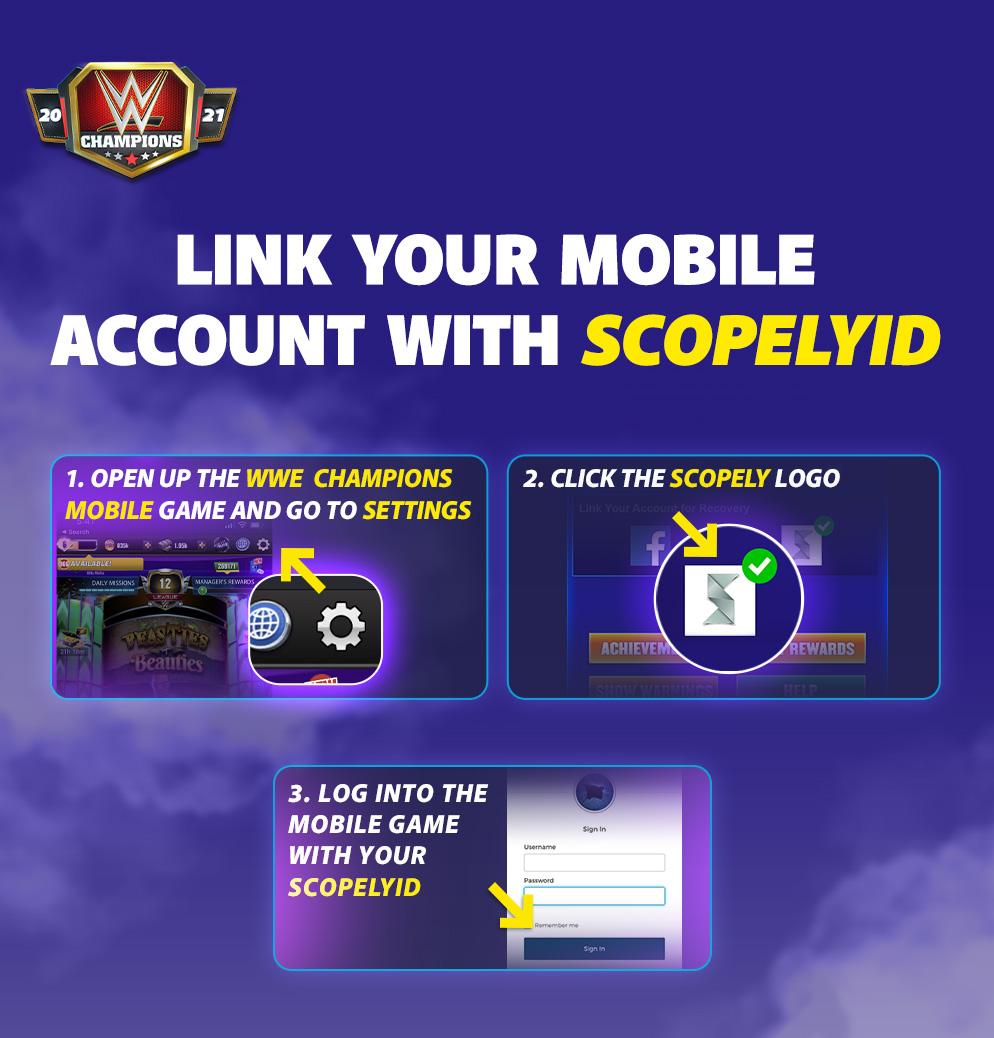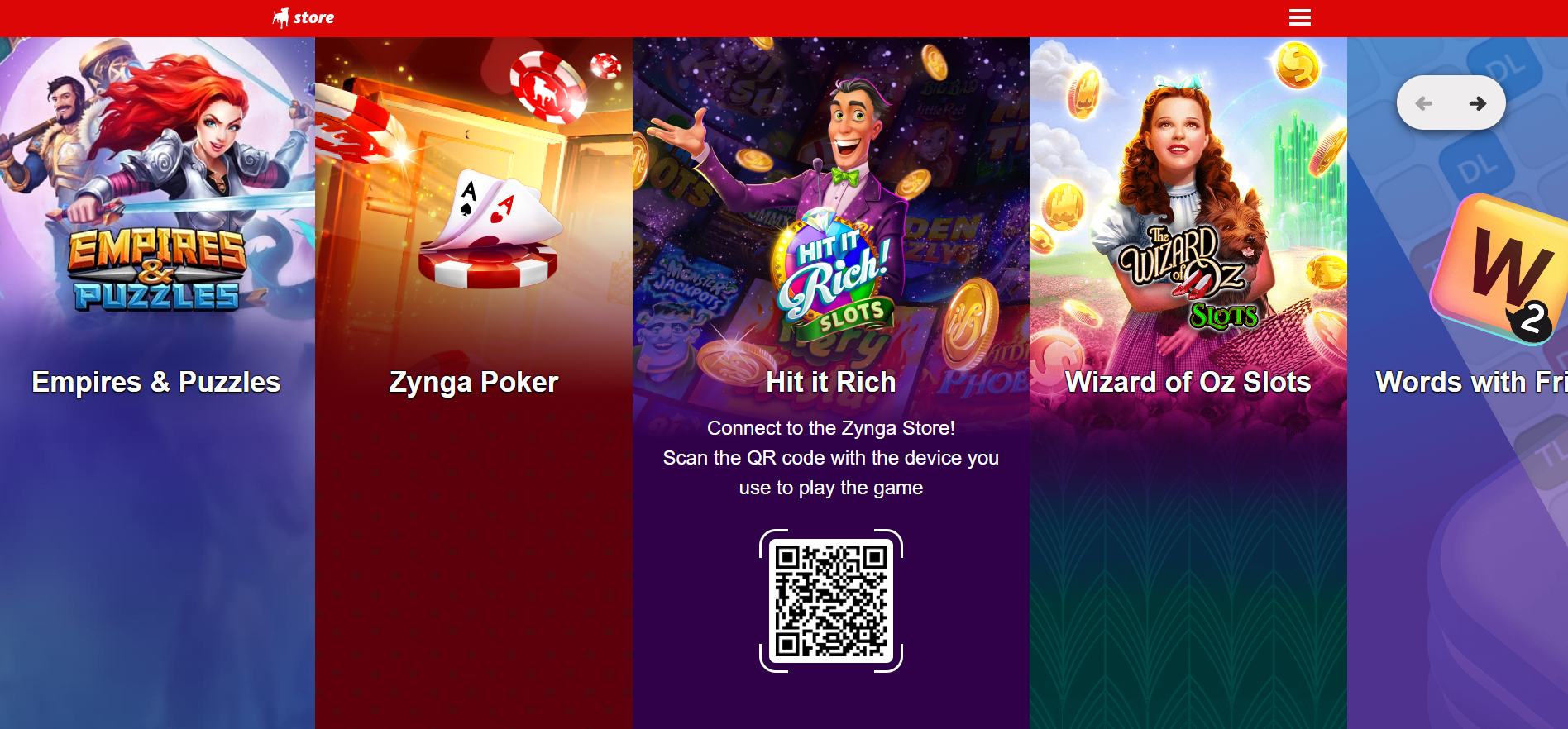Over the past year, external payment systems have become significantly more common. Thanks to ongoing regulatory changes and waning opposition from Google, it’s become easier for developers to implement these systems. As a result, major developers like Scopely and Supercell have launched a large number of new web stores, expanded existing stores, and developed new strategies for driving traffic to them.
Regulations and Policies
In April of 2023, the appeals court decided on Epic’s appeal in the Epic v. Apple case. The court ruled in Apple’s favor for the most part, namely concluding that Apple is not a monopoly and does not need to allow third-party app stores. But the California law barring Apple’s anti-steering provisions was upheld, which means that, if the current ruling stands, Apple will have to allow links to outside payments within apps. Apple is considering further legal action, including an appeal to the Supreme Court.1
But other regulations are continuing to change in the United States and globally, which may leave Apple with few options. The United States Department of Justice (DoJ) has testified in the Epic v. Apple appeals case concerning the DoJ’s own antitrust investigations into Big Tech, which signals that Apple’s legal troubles in the United States may extend beyond Epic v. Apple. And at the end of 2022, the EU passed the Digital Markets Act, which requires Google and Apple to allow third-party app stores on their platforms by 2024.
Developers have also started to turn on Apple, in large part due to Apple’s privacy changes and the general ineffectiveness of the App Store, both of which have made user acquisition more difficult. As a result, many developers feel that Apple is no longer providing the benefits to justify its 30% transaction fee—a fact that could play a significant role in efforts to regulate the App Store.
In contrast, Google has launched a variety of programs to support external payment systems. In March of 2022, Google announced a pilot program to partner with select developers to introduce third-party payments, starting with Spotify (image).2 In September, they expanded this program to all non-game developers in Australia, India, Indonesia, Japan, and the European Economic Area, and in November, they added the United States, Brazil, and South Africa to this list.3
While this pilot program excludes mobile games at the moment, it suggests that Google is willing to work with developers to implement external payment systems. As of February 2023, developers in India can include alternative payment systems alongside Google Play for gaming apps,4 which may be a precursor to Google allowing external payments in games in other markets.
Web Stores
After initially launching limited web stores, major developers—such as Scopely, Zynga, and Supercell—have significantly expanded the number and offerings of their stores.
Scopely started out with a web store for WWE Champions but has introduced additional stores for many apps over the past year. Players can now find web stores for Star Trek Fleet Command, Marvel Strike Force, Tiki Solitaire TriPeaks, Yahtzee with Buddies, Walking Dead: Road to Survival, and Looney Tunes: World of Mayhem.
Likewise, when Supercell first launched its store, it only contained a limited selection of offers for a single app: Clash of Clans. The store has since expanded to cover Hay Day and Clash Royale.
The Zynga Store is also adding support for more apps, having just added Words with Friends 2 in March 2023. Other apps on the Zynga Store include Empires and Puzzles, Zynga Poker, Hit it Rich! Slots, and Wizard of Oz Slots.
Some of these web stores offer large selections of items, many of which are not available in-app. For example, the Looney Tunes World of Mayhem web store offers a large variety of boosts, bundles, and resources compared to the in-app store. Meanwhile, the Walking Dead: Road to Survival’s web store offers exclusive high-value bundles (image).
Other stores focus on offering a better value on things that players buy more frequently, such as currency or battle passes. The Supercell Store exclusively offers currency and battle passes at a 10% discount compared to the in-app store (image).
User Acquisition
Apps are continuing to find other ways to incentivize traffic to web stores besides discounted or exclusive purchase offers, such as daily login rewards, loyalty programs, and mini-games. For example, all of Scopely’s web stores offer loyalty points for web purchases. Each app has its own loyalty store where players can exchange these points for resources, cosmetics, boosts, and other rewards. WWE Champions even includes an exclusive trivia mini-game that awards loyalty points and ranks players on a leaderboard (image, image).
Apps have also adopted a variety of methods to link player accounts to web stores. Scopely uses a single dedicated ID that allows players to link any of its apps to their respective web store (image). The Supercell Store uses verification codes sent via email to log players in. Zynga takes a completely different approach by having players scan a QR code on the device on which the game is installed (image).
As web stores have grown, we’ve seen more developers engaging in off-app promotions. Advertising on social media is surprisingly rare, although we have seen posts on the Empires and Puzzles’ and Tiki Solitaire TriPeaks’ pages. Some apps are partnering with celebrities and influencers, like WWE Champions’ long-time partnership with Snoop Dogg to promote events (image). Other apps are using contests and Twitch streams to engage players and drive traffic to their stores. For example, for the fourth anniversary of Looney Tunes World of Mayhem, the app partnered with content creators on YouTube to give away web store promo codes.
Conclusion
Platforms and regulations are gradually becoming more favorable to web stores. This has the potential to significantly increase revenue from IAPs by avoiding or decreasing transaction fees from Apple and Google. If the current legal rulings stand, developers will soon have the ability to send players in-app links to web stores and may one day be able to launch third-party stores on Google and Apple’s platforms. In light of the recent changes about promoting external payments directly within apps, expect to see more widespread adoption of web stores in the near future.
For more analysis of external payment systems, see our External Payments Toolkit. If you’d like access to our Toolkits, please email brett.nowak@liquidandgrit.com to subscribe.
1 Apple declares ‘resounding victory’ after decision reached in Epic Games appeal, Leswing (2023)
2 Exploring User Choice Billing With First Innovation Partner Spotify, Google (2022)
3 Continuing our Commitment to User Choice Billing
4 Google to make changes to Android business terms in India after antitrust blow

